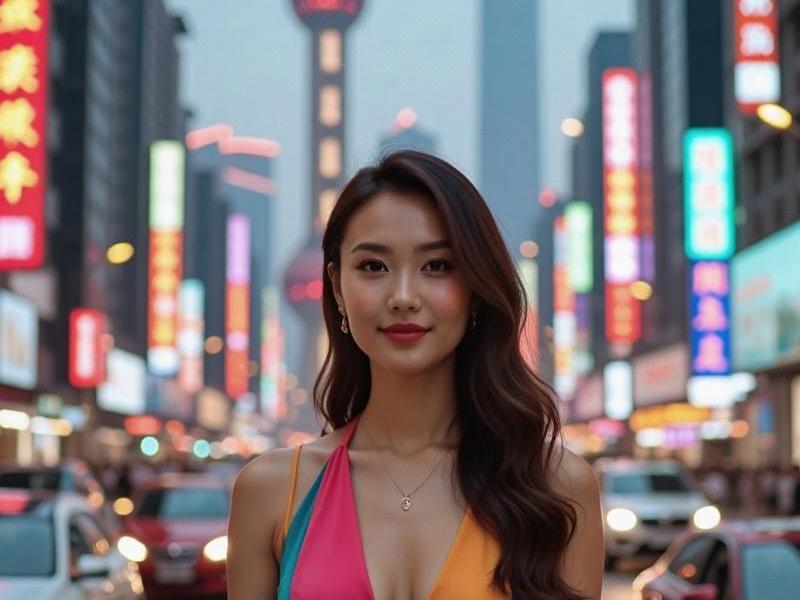This investigative report explores how Shanghai's entertainment industry has evolved from traditional KTV establishments into sophisticated leisure complexes that combine Chinese cultural elements with cutting-edge technology and global luxury standards.

The glow of Shanghai's entertainment districts creates an electric atmosphere that pulses until the early hours - a fitting metaphor for a nightlife industry that generated ¥138 billion in revenue last year, accounting for 22% of China's total night economy. Behind the discreet entrances of establishments along the Bund and in Pudong's financial district lies an entertainment ecosystem undergoing a remarkable transformation.
The New Era of Luxury Entertainment
Shanghai's premium venues now offer unprecedented experiences:
- "Celestial 88" in Jing'an District: A 30-story vertical entertainment complex featuring robot mixologists and AI-powered concierge services
- "Imperial Jade KTV": Where traditional Chinese tea ceremonies meet holographic performance stages
- "Neon Dreams Lounge": Offering facial recognition entry and blockchain-authenticated premium beverages
- "1925 Social Club": A painstaking recreation of Shanghai's Jazz Age golden era with period-accurate cocktails and live swing bands
These establishments represent a fundamental shift from conspicuous consumption to what industry analysts term "cultural luxury" - where exclusivity is measured in personalized experiences rather than bottle service minimums.
Technological Integration
上海夜生活论坛 Forward-thinking venues now incorporate groundbreaking technologies:
1. Biometric recognition systems linked to WeChat/Alipay profiles for seamless VIP experiences
2. Augmented reality menus that showcase drink ingredients through 3D holograms
3. Smart climate-controlled wine cellars with NFT authentication for rare vintages
4. Holographic hostess systems that greet regular patrons by name and remember their preferences
"The technology serves to enhance human hospitality, not replace it," explains James Li, operations director at Night Owl Group. "Our staff undergo 400 hours of training in both traditional Chinese hospitality arts and modern service techniques."
Cultural Renaissance
Shanghai's entertainment venues have become curators of refined cultural experiences:
- "Opera Noir" blends Peking opera performances with craft cocktail pairings
上海喝茶服务vx - "Mahjong Modern" offers AI-enhanced traditional gaming experiences
- "Hutong Memories" recreates 1930s Shanghai alleyway culture with period-accurate games and drinks
This cultural depth appeals to both domestic elites and international visitors seeking authentic Shanghainese experiences beyond typical club scenes.
Regulatory Landscape
The industry faces significant challenges:
- Strict noise ordinance enforcement in residential zones with real-time monitoring
- Digital tracking of alcohol sales through unified tax systems
- Mandatory "cultural content reviews" for all entertainment programming
- 2:00 AM last call policies strictly enforced through centralized POS networks
上海品茶工作室
"Compliance has become our most complex operational consideration," notes Vivian Zhang of Bar Rouge Group. Many venues now employ full-time regulatory specialists to navigate the evolving legal framework.
Future Trends
Emerging developments suggest several key directions:
- Growth of "dry entertainment" venues focusing on tea culture and wellness experiences
- Members-only cultural salons replacing conventional nightclub models
- Increased integration with luxury hotel brands creating comprehensive lifestyle destinations
- Virtual reality extensions allowing remote participation in live events
As Shanghai prepares to host major international events in the coming years, its entertainment industry stands at a crossroads - balancing rapid innovation with cultural preservation, global appeal with local authenticity. The venues that will thrive are those that understand Shanghai's dual identity as both guardian of Chinese heritage and pioneer of global nightlife's future.